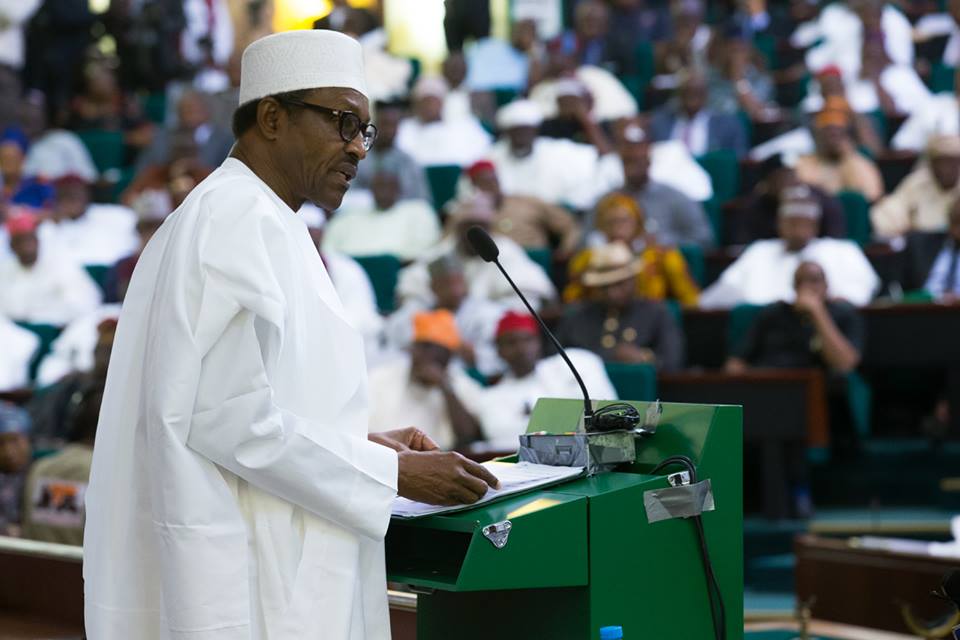- Senate to Resolve Buhari’s $30bn Loan Request this Week
Strong indications have emerged that the leadership of the Senate and the Presidency have reached a deal on the 2017-2019 Medium Term Expenditure Framework and Fiscal Strategy Paper earlier rejected by the upper chamber of the National Assembly.
A source close to the leadership of the Senate said this was the fallout of the meetings between President Muhammadu Buhari; President of the Senate, Bukola Saraki; and Speaker of the House of Representatives, Yakubu Dogara.
It was learnt on Sunday that the Senate, which returned the MTEF and FSP to the Presidency last week, had accepted to receive a detailed version of the document from the Executive this week.
The source said the preparation of the 2017 budget and the proposed $29.96bn external borrowing would be fast-tracked by the legislature.
Saraki had met with Buhari three times last week during which the issues of the MTEF and FSP as well as the foreign loan were raised.
The source further said the meetings between the leadership of the National Assembly and the Presidency were called to bridge the gap between the legislature and the executive.
Confirming the development, the Majority Leader of the Senate, Senator Ali Ndume, told our correspondent on the telephone on Saturday that the matters would be resolved this week.
Ndume had described the MTEF and FSP sent to the Senate by Buhari for legislative approval as “empty” due to missing details in the document.
“We will deal with the issues this week by God’s grace,” he said.
When asked if the Senate had got a positive response from the Presidency on the issues, he said, “Yes, of course.”
The Chairman, Senate Committee on Media and Public Affairs, Senator Sabi Abdullahi, said, “As it is, we don’t even have any information that will enable us to be diligent.
“We passed the budget and the borrowing plan in the budget was clear, N3.2tn made up of N900bn from domestic sources and the balance from external lenders. But the question is: with the new one that was sent, what have they done with respect to the provisions of the 2016 budget? It is not clear. How are they going to do it?
“Those are the things we presume are in the document that Mr. President said was ‘attached’, which, unfortunately, his officials were careless about and they showed that they are truly incompetent. This is the first time we are seeing information on the budget sent to us without those details. It came as a letter. We saw the letter and it was read.
“Do we have any alternative? No, we don’t. I have seen situations where people have tried as much as possible to create and perpetuate the frosty relationship between the two arms of government. It is unfortunate.”
Also, the Vice Chairman, Senate Committee on Communications, Senator Olamilekan Adeola, said the upper chamber of the National Assembly was not against the President and his economic policies despite the recent rejection of projects from the executive.
The senator, who is also a member of the Committee on Finance, stated that the Senate only wanted Buhari and his economic team to do a thorough job when dealing with the legislature.


 Naira4 weeks ago
Naira4 weeks ago
 Naira4 weeks ago
Naira4 weeks ago


 Naira4 weeks ago
Naira4 weeks ago




 Naira3 weeks ago
Naira3 weeks ago
 Commodities4 weeks ago
Commodities4 weeks ago


 News4 weeks ago
News4 weeks ago


 Banking Sector4 weeks ago
Banking Sector4 weeks ago
 Travel4 weeks ago
Travel4 weeks ago























